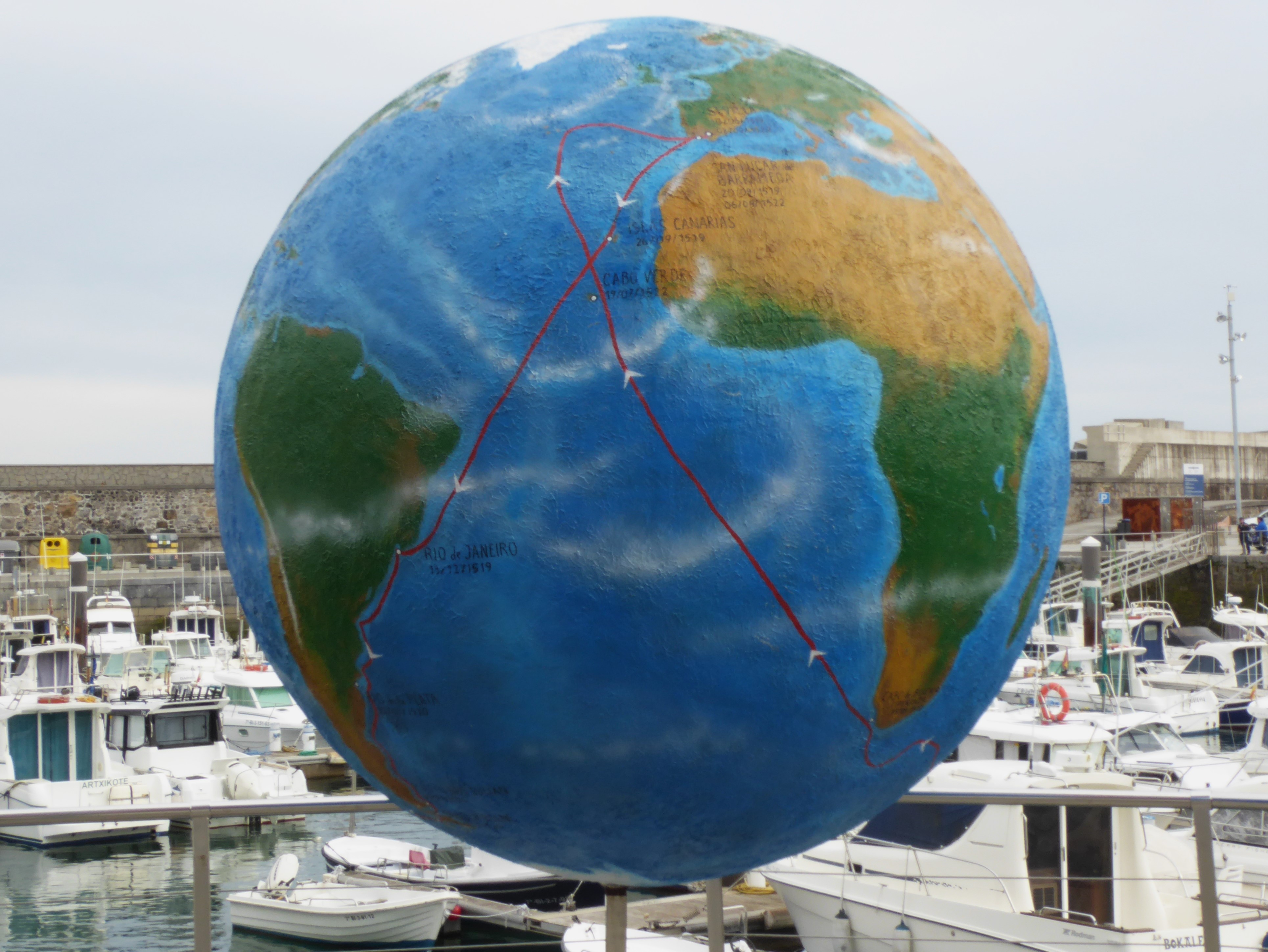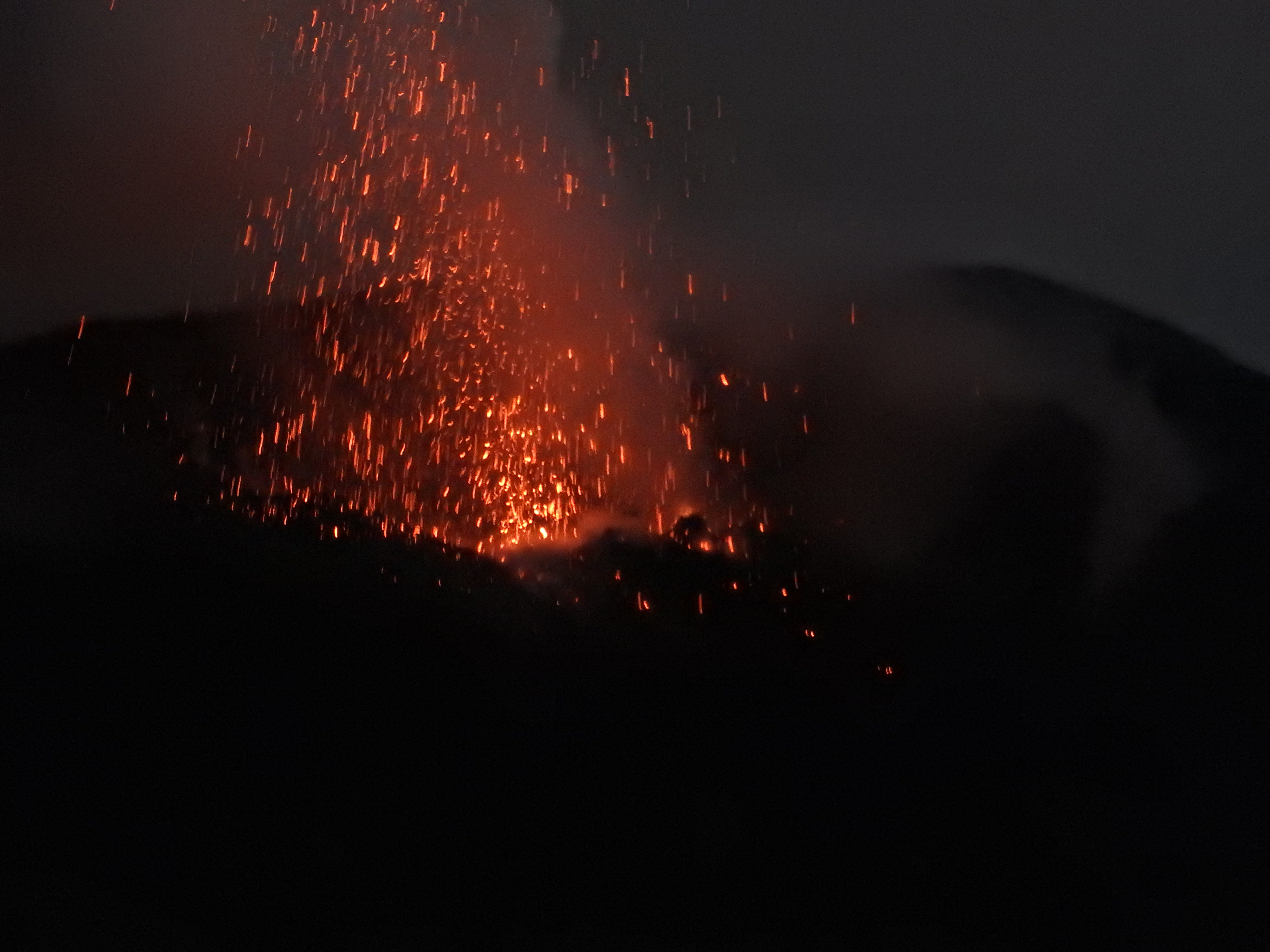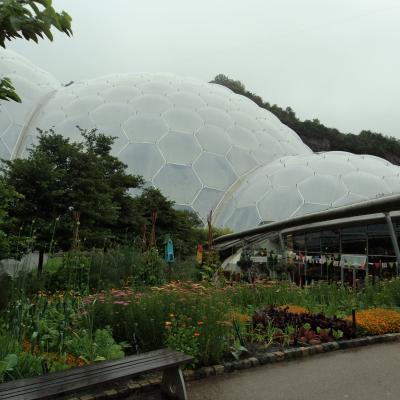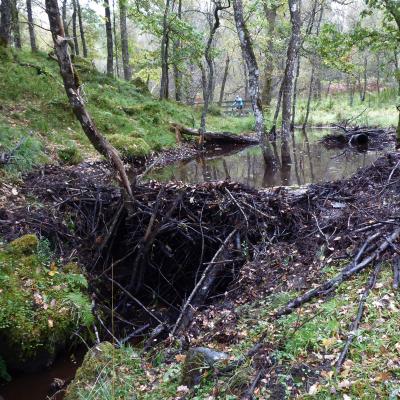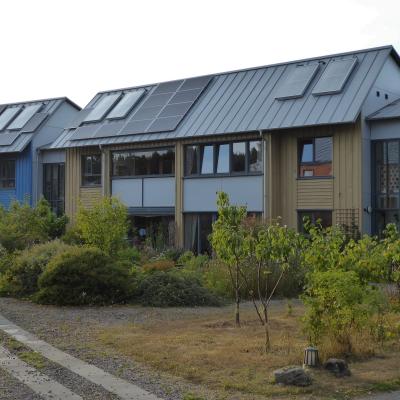Read my thoughts on the recent United Nation’s climate change report.
The UN’s International Panel on Climate Change has published its '2023 Synthesis Report'. It summarises the state of the climate and our actions to address climate change. It is a clear read, written in stark language. My thoughts in this blog are based on the 36-page ‘summary for policymakers’.
My comments are in italics. Most of the rest are extracts from the report.
Climate Change to Date
Human activities have unequivocally caused global warming. Global surface temperature has already risen by 1.1°C (1.6 degrees over land).
No surprise there. I knew from my university studies decades ago that humans were causing climate change, but there is now a “high confidence” (scientific consensus) on this.
The 10% of households with the highest per capita emissions contribute 34–45% of global consumption-based household emissions, while the bottom 50% contribute (only) 13–15%.
The problem has been, and is being, caused by ‘rich’ countries, and rich people across all countries.
Future Projections
Impacts on some ecosystems are approaching irreversibility such as hydrological changes resulting from the retreat of glaciers, or the changes in some mountain and Arctic ecosystems driven by permafrost thaw.
This is serious. We should act as if it is a crisis, which it is.
Without a strengthening of policies, global warming of 3.2°C is projected by 2100.
3.2°C would be catastrophic for nature and for human society.
Can we remain below 1.5°C of Warming?
Continued greenhouse gas emissions will lead to increasing global warming, with the best estimate of reaching 1.5°C in the “near term”.
Projected CO2 emissions from existing fossil fuel infrastructure without additional abatement would exceed the remaining carbon budget for 1.5°C.
The answer is a clear ‘no’. If we burnt the coal, oil and gas from current extraction sites then the temperature will rise by more than 1.5°C. Unfortunately, we are still developing new reserves. More worryingly, policymakers are now planning for ‘overshoot’ where the temperature rises over 1.5°C then we magically deploy technology to reduce the temperature back to 1.5°C. Don’t bet on this being achieved, certainly not without a lot of pain.
Should we give up?
Every increment of global warming will intensify multiple and concurrent hazards. Climate-driven food insecurity and supply instability are projected to increase, interacting with non-climatic risk drivers such as competition for land between urban expansion and food production, pandemics and conflict.
However, deep, rapid, and sustained reductions in greenhouse gas emissions would lead to a discernible slowdown in global warming within around two decades and would limit further sea level rise acceleration and projected long-term sea level rise commitment.
So, don’t give up. Fight for every emission reduction. Fight for every tenth of a degree.
Sea Level
Sea level rise is unavoidable for centuries to millennia due to continuing deep ocean warming and ice sheet melt.
- Over the next 2000 years, sea level will rise by about 2–3 m if warming is limited to 1.5°C and 2–6 m if limited to 2°C.
- At sustained warming levels between 2°C and 3°C, the Greenland and West Antarctic ice sheets will be lost almost completely over multiple millennia.
- However, due to deep uncertainty linked to ice-sheet processes, global mean sea level rise above the likely range – approaching 2 m by 2100 and in excess of 15 m by 2300 under the very high emissions scenario cannot be excluded.
It is clear that some sea level rise is now ‘built in’ and can’t be avoided. There is the possibility (likelihood in my view) of catastrophic runaway ice sheet melt unless we act urgently and decisively.
Tipping Points
The likelihood of abrupt and/or irreversible changes increases with higher global warming levels.
For example, there is “medium confidence” that the Atlantic Meridional Overturning Circulation will not collapse abruptly before 2100, but if it were to occur, it would very likely cause abrupt shifts in regional weather patterns, and large impacts on ecosystems and human activities.
The Gulf Stream, on which Western Europe’s temperate climate depends, is vulnerable to a catastrophic change. Scientist’s think this will ‘probably’ not happen, but I am alarmed by any risk of this change (and of many other tipping points).
Will Technology save us?
Between 2010–19 there have been sustained decreases in the unit costs of solar energy (85%), wind energy (55%), and lithium-ion batteries (85%), and large increases in their deployment, e.g., 10x for solar and 100x for electric vehicles.
The mix of policy instruments that reduced costs and stimulated adoption includes public R&D, funding for demonstration and pilot projects, and demand-pull instruments such as deployment subsidies to attain scale.
The falling cost of ‘low carbon’ technology will help but this needs active support of government, industry and consumers too.
Other Benefits of action
Accelerated climate action can also provide co-benefits. Many mitigation actions have benefits for health through lower air pollution, active mobility (e.g., walking, cycling), and shifts to sustainable healthy diets.
We should shift the narrative. Strong action on climate is also good for nature, our health and will strengthen communities.
Emission Scenarios and Reductions
All global modelled pathways that limit warming to 1.5°C and those that limit warming to 2°C involve rapid and deep and immediate greenhouse gas emissions reductions in all sectors this decade.
It’s really not difficult or complicated. The message is crystal clear. We need to act decisively everywhere all at once and immediately.
A final quote from the report “the choices and actions implemented in this decade will have impacts now and for thousands of years”.
Sobering.
If you like this blog, please share it with your friends and on social media.
Carbon Choices
Don’t miss my future blogs! Please email me at This email address is being protected from spambots. You need JavaScript enabled to view it. and I will send you each new blog as I publish them.
You might also enjoy my book, Carbon Choices on the common-sense solutions to our climate and nature crises. Available direct from me here. I am donating one third of profits to rewilding projects.
Follow me: @carbonchoicesuk (twitter); @carbonchoices (Facebook); @carbonchoices (Instagram)
